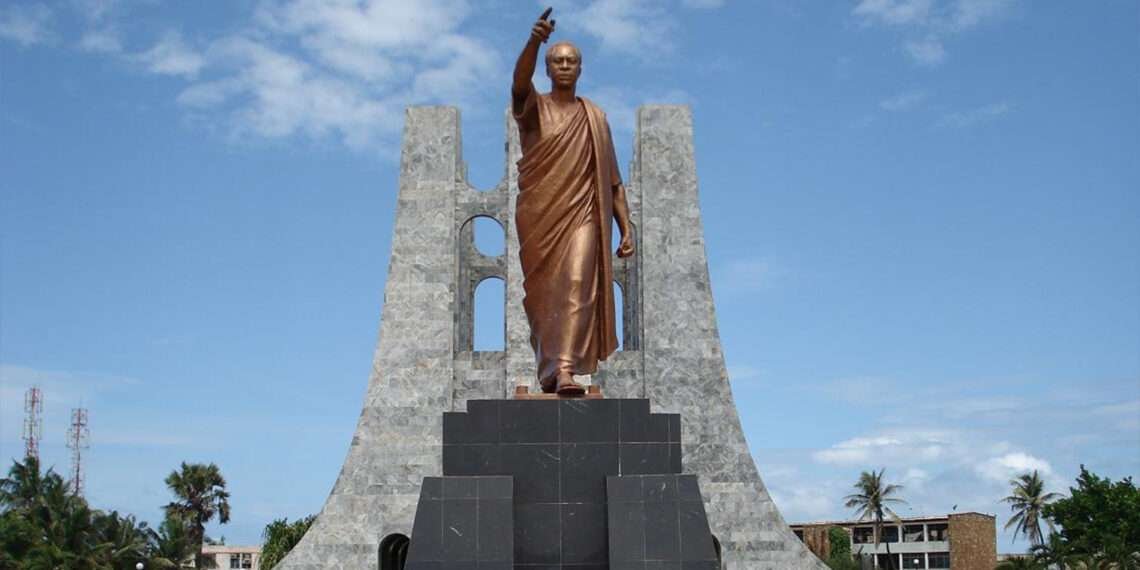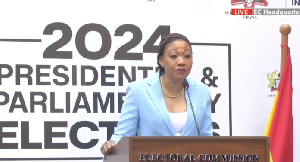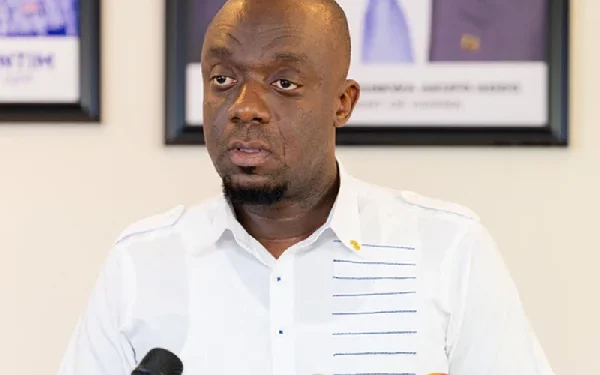An iconic Ghanaian highlife musician, once sang, “toils of the brave and the sweat of their labour, toils of the brave which has brought results.”
However, years later, these “results” are slowly being reduced to crumbles as Ghana is gradually selling Nkrumah’s priceless gifts for “morsels” that can only guarantee comfort for a short while.
Being the first Sub-Saharan African nation to gain independence from colonial rule in 1957, the musician was right in every sense to have called Ghana, “the land of freedom” in his song.
Ghana’s independence, attained sixty-seven years ago, set the precedent for decolonization across the African continent.
This momentous event not only inspired movements for liberation worldwide but also placed Ghana at the forefront of the struggle against colonialism and apartheid.
Over the years, Ghana’s international image has been shaped by a combination of factors, including its commitment to democracy, economic resilience, and cultural richness.
The country’s successful transition from a turbulent past to a stable democracy has not gone unnoticed.
With peaceful elections and smooth transitions of power, Ghana has become a shining example of political stability in a region often grappling with political uncertainties.
Its vibrant civil society, independent media, and active citizenry contribute to a thriving democratic culture that serves as a model for emerging democracies worldwide.
As such, it is not so surprising that the 67th independence anniversary is being held on the theme; “Our Democracy, Our Pride.”
Interestingly, Ghana’s democracy finds itself at a crossroads, not only in its historical journey but also in shaping its contemporary identity on the global stage.
The country’s tussle with persistent issues such as corruption, unemployment and income inequality, is no where near an end.
While the nation has long been lauded for its commitment to democracy, peace, and development, recent legislative decisions, particularly the controversial Anti-LGBTQ Bill, have sparked debate and raised questions about the trajectory of Ghana’s global image.
The recent Anti-LGBTQ Bill, which criminalizes same-sex relationships and activism, has drawn criticism from human rights advocates, international organizations, and foreign governments.
This development has the potential to impact Ghana’s international standing and influence the perception of its commitment to inclusivity, diversity, and human rights.
The Anti-LGBTQ Bill has led to concerns about the potential strain on diplomatic relations, as some nations view the legislation as a regression in terms of human rights and equality.
The Ministry of Finance sent a letter imploring the President not to sign the anti-LGBTQ bill into law.
The Minister of Finance indicated that the country is bound to lose international funding from the Breton Woods institutions if the anti-LGBTQ bill is passed.
Nonetheless, the Minority in Parliament argued that the country cannot kowtow to foreign pressures as Ghana is a sovereign state capable of making its decisions.
It noted that succumbing to external forces in exchange for financial support is tantamount to feeding the country’s sovereignty to the dogs.
The implications of the Anti-LGBTQ Bill extend beyond diplomatic relations to the realm of foreign aid and investment. International organizations and donors often prioritize nations that align with principles of equality and nondiscrimination.
The passage of this bill may lead to a reassessment of aid and investment priorities, potentially affecting Ghana’s economic development initiatives and partnerships.
As Ghana reflects on its democracy today, it is needful to celebrate the nation’s achievements, acknowledge its challenges, and renew collective commitment to building a brighter democratic future for generations to come.
May Ghana remain steadfast in its pursuit of unity, progress, and prosperity for all, while reaffirming its commitment to its core principles of democracy and peace.
READ ALSO: Bulls Regain Dominance at GSE




















